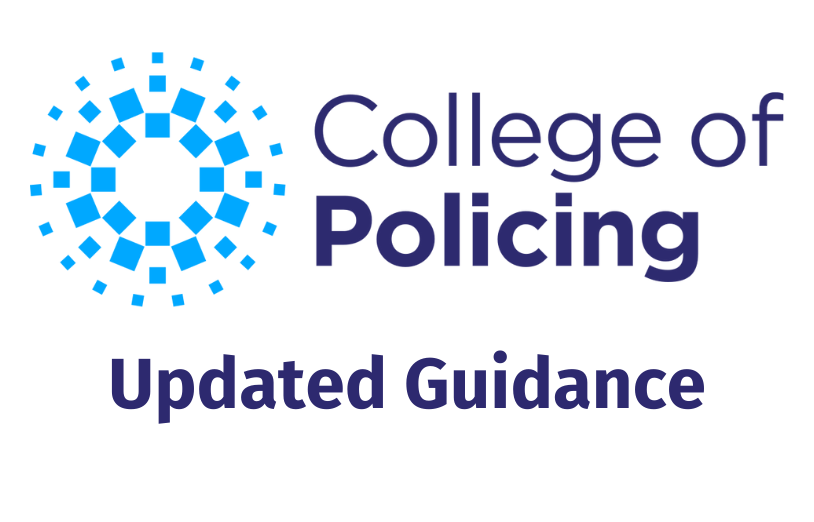
Savage Arms: Long-Range Shooting Specialists
News Events
Create a FREE business profile and join our directory to showcase your services to thousands.
Create my profile now!
The College of Policing has released new guidance on firearms licensing in the UK. This update marks the beginning of a series of changes aimed at improving how firearms licensing is implemented in the country. The guidance not only helps police forces align with the updated statutory guidelines from the Home Office, but also provides additional support and direction.
New guidance has been introduced to address the issue of delays in firearms licensing and prevent firearms from falling into the wrong hands. However, the question remains: will this be beneficial or detrimental for firearms licence holders? We delve into the details to find out.
Chief constables are responsible in law for firearms licensing decisions in their force. They grant and authorise firearm and shotgun certificates.
COP encourages the chief constable to appoint a member of the chief officer team to act as senior responsible officer (SRO) and strategic lead with responsibility for governance of firearms licensing in their force. Additionally, other selected staff members may be given partial authority to grant, renew or vary a certificate - this could help with the severe delays in firearms licensing experienced in various counties around the UK.
The responsibilities of the SRO include assigning and managing appropriate resources, monitoring performance, taking financial responsibility, and engaging with the public. This reorganisation of responsibilities aims to make the licensing process more efficient and accountable. The chief constable or strategic lead should hold regular governance meetings to assess the overall performance of the licensing department.
A notable feature of the College of Policing's guidance is the recommendation for chief constables to create a Strategic Demand Assessment (SDA). This assessment serves as a crucial tool to ensure that police forces are adequately prepared to handle the demands of firearms licensing. The SDA is a dynamic document that should be revisited annually to adapt to changing circumstances.
The SDA comprises several key elements:
One innovative aspect of the new guidance is the requirement to share the results of the SDA with the national lead through the NPCC firearms licensing portfolio. This allows for a holistic evaluation of national demand and capacity, and ensures that any issues within the system are promptly addressed. The portfolio, along with its supporting working group (FELWG), provides valuable advice and facilitates discussions and actions to resolve challenges encountered by different forces as a result of the SDA.
The guidance states that after an application has been received and initial checks and enquiries undertaken, the officer will conduct further investigative activity to develop recommendations on whether an individual is suitable to acquire, possess and lawfully use firearms.
The guidance states an extensive list of investigatory method into the applicant including:
The College of Policing's new guidance on firearms licensing represents a necessary attempt to improve the system's efficiency and effectiveness in the UK. By reorganising responsibilities, conducting regular assessments of demand and capacity, and ensuring thorough investigations into applicants' suitability, the aim is to strike a balance between public safety and the rights of firearms licence holders and applicants. The success of these changes will ultimately depend on their implementation and the commitment of law enforcement agencies across the country to uphold the highest standards of accountability and security in firearms licensing.

